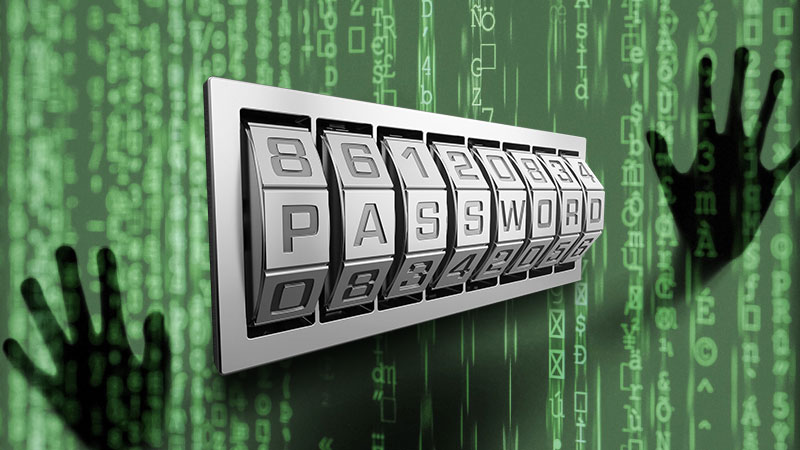
According to a recent article on BBC, latest research by the UK’s National Cyber Security Centre (NCSC) has found that millions of us are still using weak passwords. That this is alarming, is an understatement.
Passwords used to be the stuff of espionage and secret societies, but today we use them all the time. If you use the Internet at all, you’ll need passwords for almost everything you do, from your email account to your online banking. Each password needs to be unique and obscure enough to beat the hackers.
And this principle applies the same to your business.
Some of the most frequent mistakes made by both individuals and companies are:
- Using a weak password: Perhaps the biggest no-no. It might be easier for you to remember and type, but so is it for anyone looking for your information. Some examples of weak passwords are, 1234567, qwerty, password, etc. A strong password is at least 8 characters long and uses a combination of UPPER/ lower case alphabets, numbers (123..) and symbols (% * ; ? ~) etc.
- Easy to guess password: Never use your own name, date of birth, pet’s name, or other easily identifiable data that a would be intruder might be able to guess.
- Using the same password for everything: If, for instance, you use the same password for a poorly secured social forum as for your bank account, anyone successfully hacking the weak link will have access to your most vital data.
- Writing down your password: It might help you to have your passwords written on notes stuck to your computer, but that hardly keeps them secret when anyone passing might be able to learn them.
- Sharing accounts and passwords: This makes it impossible to identify the individual active in the account at any given moment. If accounts have to be shared, they need to be secure and well tracked.
Managing passwords can be time consuming, but nowhere near as time consuming as a major security breach. Nowadays a number of reputable password managing software are available – many for free. Once you start using them you will realise how easy it is to manage multiple complex passwords. Try using LastPass, Dashlane, or just search for ‘password managers‘ and pick one that suits your needs. Almost all of them work across all computing devices running a variety of operating systems (Windows/Mac/Linux/iOS/Android/etc.). Most of these offer built-in automatic strong password generators.
Passwords alone won’t make your business completely secure, but a good password policy certainly helps. The bad guys might still break in, but you don’t have to leave the key under the mat for them.